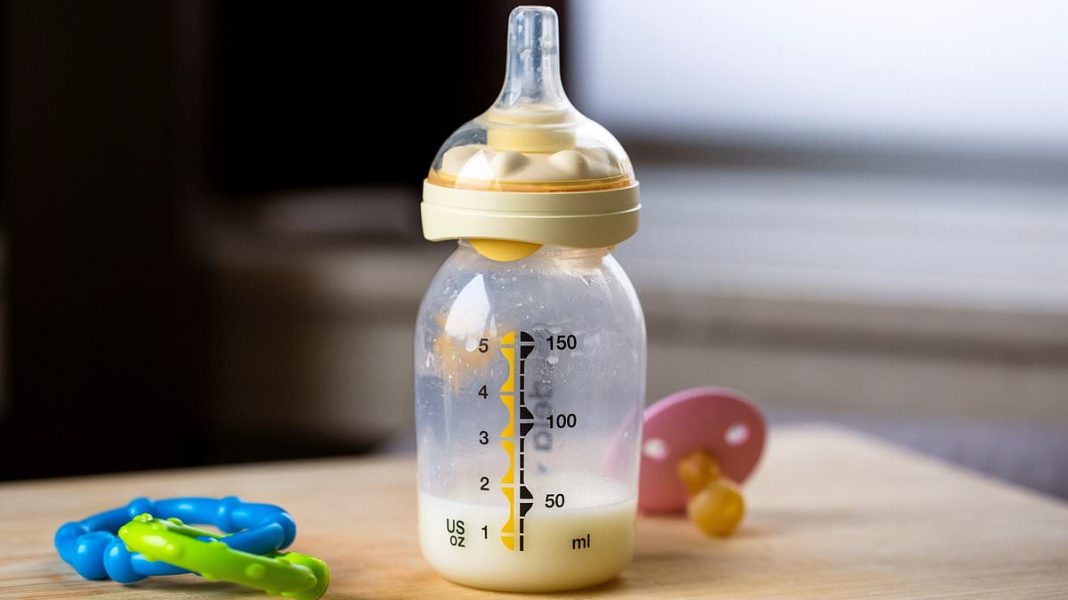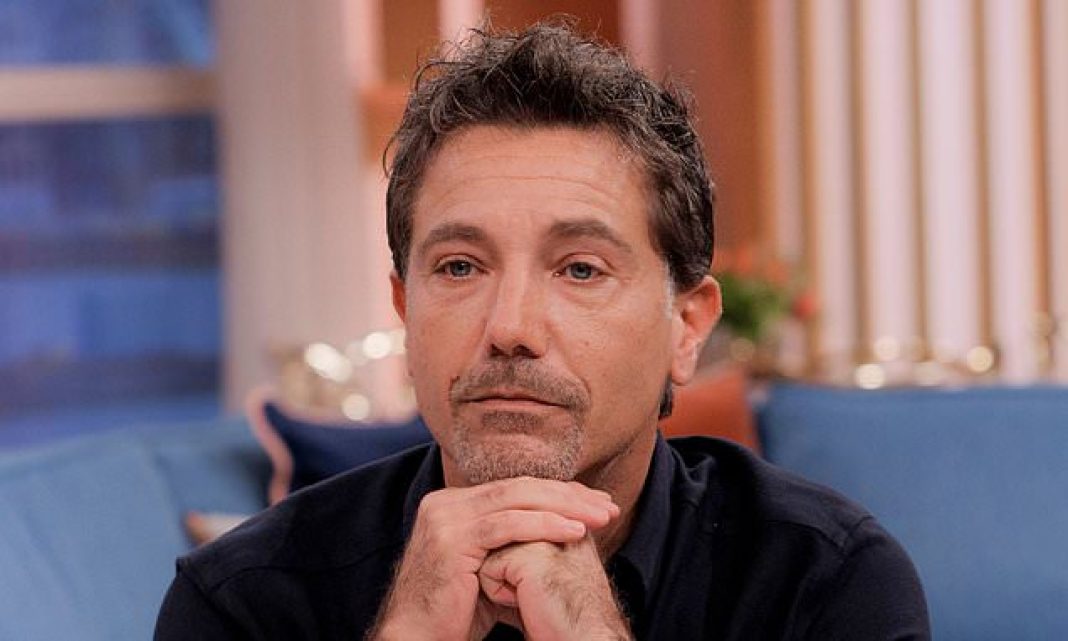Scientists reveal the microplastics lurking in your kitchen cupboards,
Next time you eat from a container or swig from a cup, you may be ingesting more than just food and drink.
Scientists in Switzerland warn that ever-ubiquitous plastic food packaging is leaving us constantly exposed to tiny microplastics and even smaller ‘nanoplastics’.
These fragments, less than 0.2 of an inch (5mm) in diameter, are so small that they’re invisible to the naked eye.
The team’s new study found evidence of microplastics in several popular items – including baby bottles, chopping boards, and even teabags.
When we ingest them, the tiny fragments don’t just pass through the body and out the other end, but lodge in organs in the body, such as the heart, lungs and brain.
While the long-term effects of these particles on human health remain unclear, they’ve been linked to cancer and strokes, dementia and pregnancy complications.
‘Plastic food contact articles can release microplastics and nanoplastics into foodstuffs,’ the experts warn.
‘To better protect human health, regulations could mandate microplastics and nanoplastics migration testing.’
In the study, the experts from Food Packaging Forum, a non-profit organisation in Zurich, evaluated 103 previously published microplastics studies.
These studies had investigated microplastics that had been in contact with ‘food contact articles’ (FCAs) – plastic items commonly found in the home and the industry.
Examples of FCAs include baby bottles, disposable cups, trays, wrapping such as cling film, chopping boards and even teabags.
The researchers warn that microplastics tend to be released during ‘the normal use as intended by the manufacturer’ of these FCAs.
For example, opening a bottle with a plastic lid leads to abrasion and microplastics rubbing off against the skin, as does cutting on plastic chopping boards.
Meanwhile, swirling a teabag in a mug of hot water effectively releases particles from the plastic sealant used in some teabags.
‘Food contact articles are a relevant source of MNPs in foodstuffs; however, their contribution to human MNP exposure is underappreciated,’ said Dr Zimmermann.
According to the team’s findings, 173 of the studies found microplastics had been shed from plastic bottles – more than any other item.
This does not necessarily mean that plastic bottles shed the most microplastics; rather that there are more studies to suggest plastic bottles are a source of microplastics compared with other FCAs.
Also, 115 studies found microplastics coming from ‘other containers’, 68 studies found microplastics from tea bags and 59 studies found them from cups.
Among the other FCAs identified as leaking microplastics were bags (57 studies), trays (19 studies), wrapping (11 studies) and chopping boards (one study).
Worryingly, 27 studies found microplastics had been shed from baby bottles and related accessories, showing that we’re exposed to them from birth.
Also, the researchers found that the main food contact material was PET (polyethylene terephthalate) or rPET (the recycled version).
One of the most widely used plastics globally, PET is a clear, strong and lightweight plastic takes hundreds of years to break down in the environment when it is discarded.
Meanwhile, most of the plastics were in the microplastics range (1-1,000 micrometres) but others were defined as nanoplastics (less than 1 micrometre).
Others were ‘mesoplastics’ (1-10mm) which are generally large enough to see with the naked eye.
Already, microplastics have been found in human blood, the brain, the gut, the placenta of unborn babies and the faeces of adults and infants.
Health consequences of exposures to these particles ‘are not yet fully understood’, the team say in their paper, published in npj Science of Food.
But available scientific evidence indicates that microplastics and nanoplastics can alter ‘the composition of the human gut microbiome’, the trillion-strong community of microorganisms in your belly helps control digestion and benefits your immune system.
Other research suggests exposure leads to oxidative stress and inflammation, neurotoxicity, immunological and reproductive effects, and changes to endocrine signaling, a vital communication system within the body controlled by hormones.
Taken together, the emerging evidence strongly suggests that mitigating human exposure to MNPs [microplastics and nanoplastics] is prudent,’ the team add.
To better protect human health, regulations could mandate MNP migration testing for FCAs
The team’s full dataset is freely available through an interactive dashboard.






